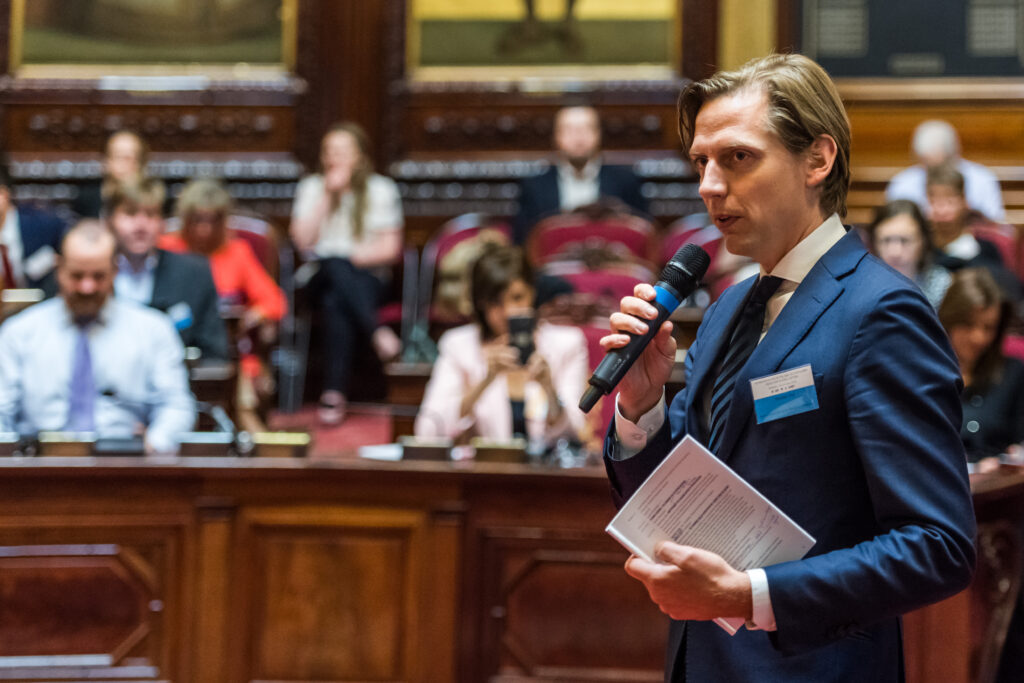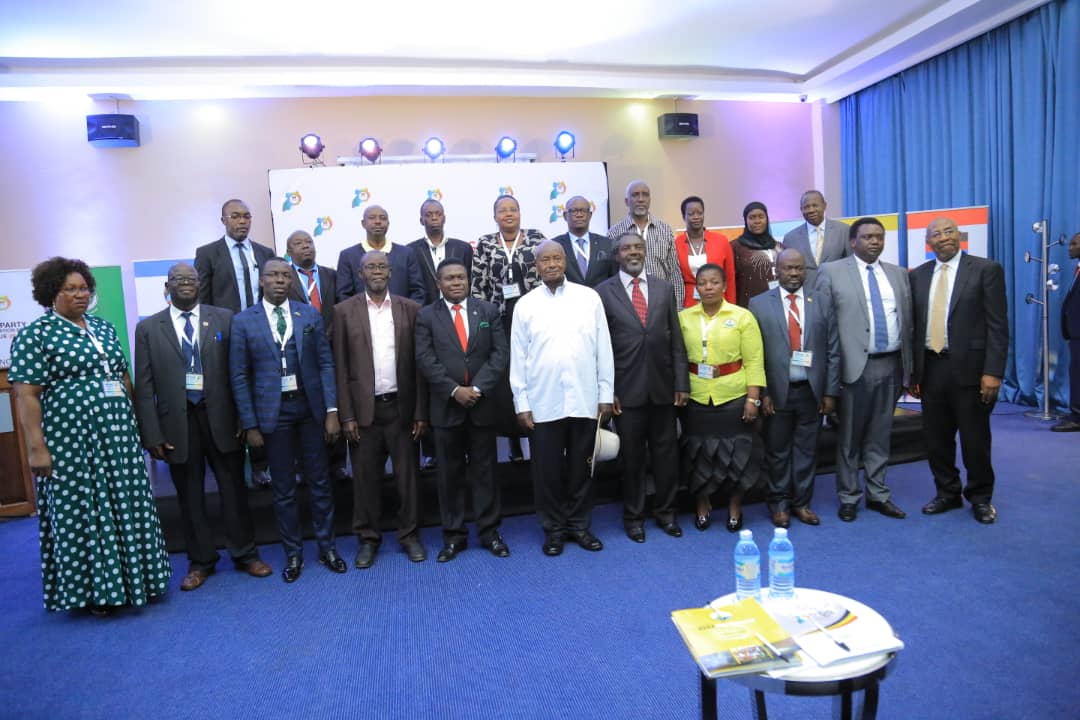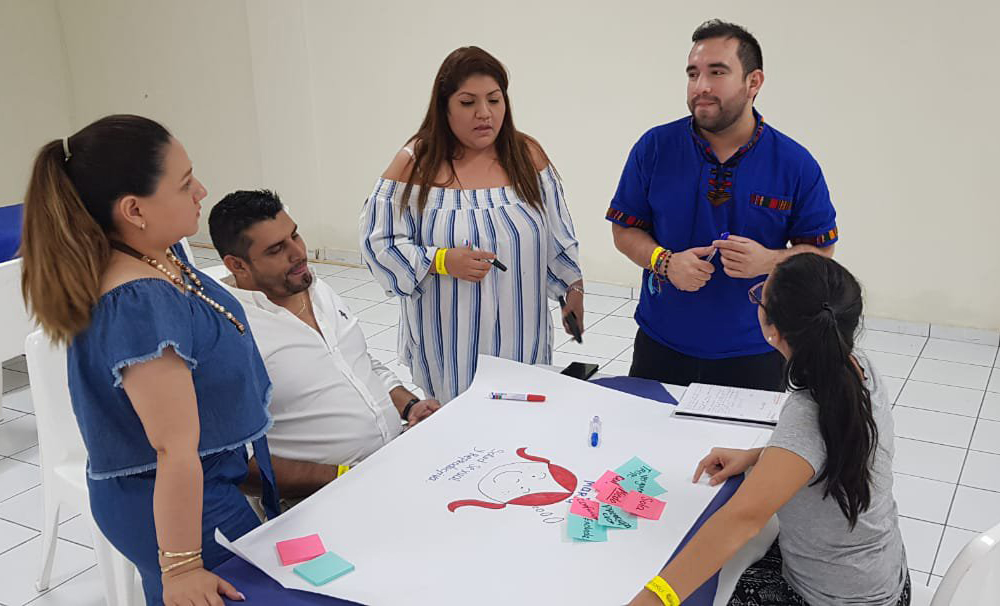Time to get political on SDG16

This blog is by Wouter Dol, Head of Knowledge and Strategic Relations at NIMD. Today he is speaking at the Knowledge Platform on Security and the Rule of Law Annual Conference in The Hague, at the session on “After 4 Years of SDG 16+: How to Accelerate Local Impact?”. Here are his thoughts ahead of the conference.
We are talking today about the gap between words and actions, and specifically on the question of how we can accelerate action on SDG16’s ultimate target: peaceful, just and inclusive societies. In the four years since the adoption of the 2020 Sustainable Development Goals, there have been many initiatives and debates around the implementation of SDG16. This includes the acknowledgement of the catalytic nature of Goal 16, captured in the SDG16+ tag – the idea that the rest of the SDGs are only achievable if we have met the aims of goal 16. For example environmental justice (SDG13), gender equality (SDG5), and the other crucial goals within the SDGs will remain out of reach unless we secure the objectives of SDG16 – namely peace, justice, and strong institutions – in order to facilitate them.
Nevertheless, progress around the different sustainability targets within the 2030 Agenda, and specifically Goal 16, has been limited. This is partly due to the perhaps intangible aspects of peace, the rule of law, and inclusive institutions. At the same time policymakers and activists alike recognize that these intangible aspects are essential for enacting the whole agenda.
The political choice behind sustainability
As we know, and by intended design, there is no one political system specified as the best for delivering the 2030 Agenda. There is no mention of democracy, nor is there acknowledgement that democratic processes are recognized as our best chance to ensure an equitable division of resources and sustainable development, respect for human rights, and the inclusion of minority voices in decision-making. Yet the democratic elements of the rule of law, accountability and inclusive decision making are ingrained into the whole SDG agenda.
This is the opportunity we need to seize and build on. We need to acknowledge the political reality of the SDGs, and engage with the political sphere to achieve them.

With no guidance on political processes in the agenda, we lack the framework to address the fundamental issues of peaceful, just and inclusive societies. We seem to have a situation where we all agree on the end-goal, but do not acknowledge enough the political and democratic necessities to get there. So far, within SDG16 for instance, a lot of attention and energy has been spent on agreeing better sets of measurements and indicators for these more intangible aspects comprising SDG16 such as peace and the rule of law. This was very useful, but also distracted from more concerted efforts to acknowledge the acutely political nature of all the SDGs.
So how to face the political reality of the SDGs?
Without good – dare I say democratic – governance, we might achieve the more technical targets, but definitely not the critical environmental, socio-economic, and political aspects of the 2030 Agenda. We have to address this flaw before the decade of delivery begins next year. And all 193 governments should be accountable to their people for the promises they made in 2015.
Much work is ongoing around the SDG16+ banner by governments and civil society organizations alike, and we now have recognized ‘grand challenges’ on halving violence, justice for all, renewing institutions, and acting on inequality and exclusion. What I observe, however, is the often chosen technocratic approach to tackle these challenges. Training civil servants, legal assistance programmes, security sector reforms, etc. And these are essential! But not enough.

From my perspective, two key elements need to be highlighted and integrated within these challenges and the whole SDG Agenda. Firstly, we need to come to terms with the political nature of any development planning process. That means specifically recognizing that political actors are essential partners in translating or mainstreaming all the SDGs in national planning processes, via their manifestos, reform plans, and legislative processes. Secondly, there is the role of political actors themselves to ensure the achievement of targets – for instance, the role of parties and parliaments in making institutions and decision-making more inclusive.
I’d like to finish here by paraphrasing Rutger Bregman: we are at a firefighters’ conference again, but now we actually speak a lot about water; the integrated and catalytic nature of water; and the call for more attention for water when putting out fires. But over the last four years, we have only discussed the training of firefighters, the different types of fire, how to measure the temperature of the fire, and the effects of fire in different contexts.
Let us now build on these preparations to actually start using water to extinguish the fire!
